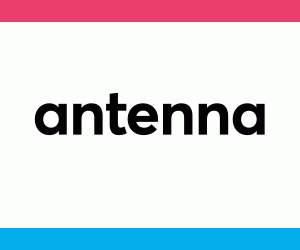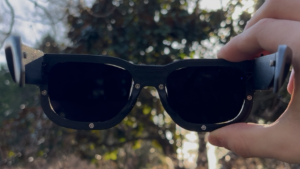Part of the Project
In 2017, there were over 200 million reported cases of Malaria on the African continent. Graduate student Gwen Gage made this problem the central focus of her master's thesis. Her work looks at transportation, more specifically on how to get Malaria preventive medication and products to sub-Saharan African areas with little road infrastructure.
“Due to poor national infrastructure, the burden often falls on individual villages to retrieve their own medication from larger towns on a volunteer basis. As a result, rural areas are often without medication for weeks at a time,” says Gage.
She decided to create Velomed, a low-cost tool to tackle this issue head-on. “My mission was to design something that could make it easier and more efficient for volunteers to carry these boxes”
Velomed is a plastic strip much like the one usually used to transport and hold cans of soft drinks. She repurposed this strip to holster the medication, preventing spillage even on rough terrain.
“With this tool, a single volunteer can transport dozens of boxes at a time, increasing the capacity of these volunteers to treat more people at a faster rate and hopefully strengthen the community’s trust in the healthcare system,” she explains.
While spending time in sub-Saharan Africa, Gage also looked at other preventive products. She came across the well-known mosquito net that most make use of. She noticed that these nets could only be used inside and did not provide any protection during the day for those who spent time outside.
Gage decided to design a large mosquito net that could be used for outdoor activities. She used local resources and looked at how it would work together with weather conditions.
The designer says that going forward she would like to produce more biodegradable products that will not only be suitable for the customer but for the environment as well.
Gage's talk is part of the second antenna conference, a collaboration between Design Indaba and the Dutch Design Foundation, which recently took place as part of Dutch Design Week. Gage spoke alongside 19 other young designers.
Watch More
The Arctic Commons: creating a new network for future stability in the Arctic
Could the heat generated by blockchain be useful for other living beings?
Basic Income Cafe is a uses coffee as a metaphor for the flow of money
Understanding #MeToo with machine learning








